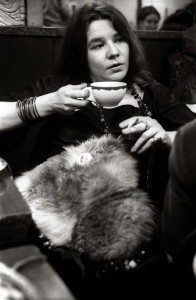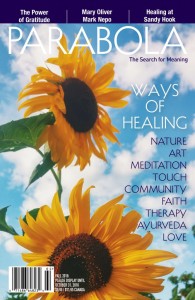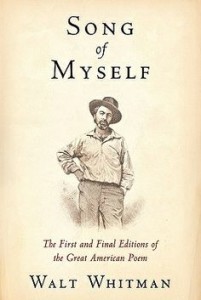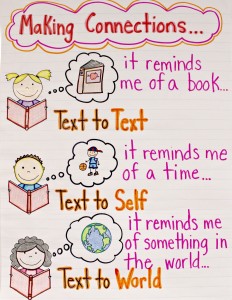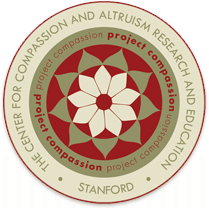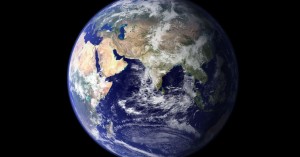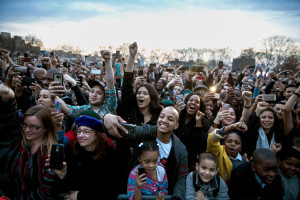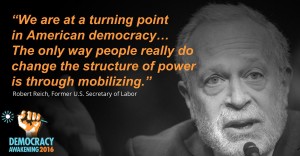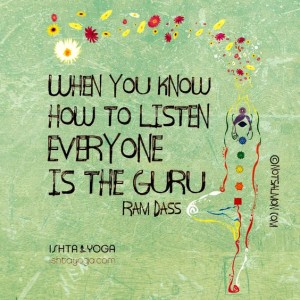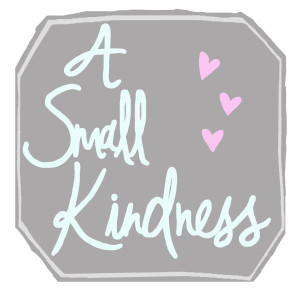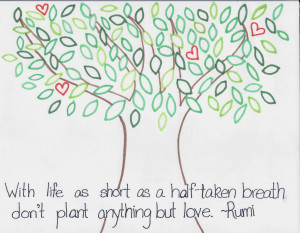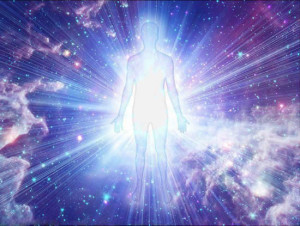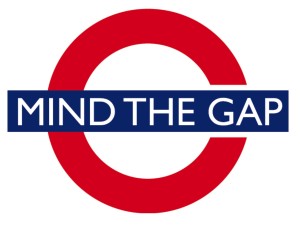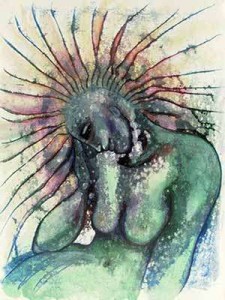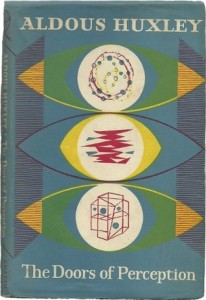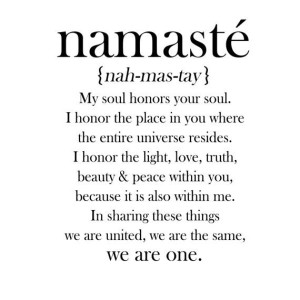Our Authority of Being
An essay by Mark Nepo.
‘…All that was left was the bare fact of his own existence, the fact of his breath connecting him to the fact of all existence. He was a piece of life living—that was all.
[…]
In discovering your own authority of being, you may want to spend time with the great poem SONG OF MYSELF by Walt Whitman. I urge you to read it slowly, and to be in conversation with the places it awakens in you.
And the next time you’re told you’re good or bad, the next time you’re ignored or rejected, I encourage you to practice your inner resolve; not by criticizing yourself or finding yourself wanting, but by climbing to that place in you that is immune to both submitting and resisting, that place of unquestioned certainty about the fact of life, which Walt Whitman confirms in SONG OF MYSELF when he says:
I do not trouble my spirit
to vindicate itself
or be understood;I see that the elementary
laws never apologize.I exist as I am—that is enough;
If no other in the world
be aware, I sit content;And if each and all be aware,
I sit content.’
Full essay:
http://parabola.org/2016/08/01/our-authority-of-being-by-mark-nepo/
‘A chance to make a connection.’
‘The self starter creates a spark, turning nothing, or what certainly appears to everyone else as nothing, into something.
The self starter doesn’t see it that way. That ‘nothingness’ was actually an opportunity, a chance to make a connection, to do something a little better than the status quo, to get things moving.
Has there ever been a project, an institution or a community that hasn’t needed that?’
-Seth Godin
New Moon
☆☆•*¨*•.¸¸☆☆
‘A New Moon is always a good time to reset and refine intentions and when it is accompanied by an eclipse it carries even more power. We are moving into a time of consolidating and collecting our energies for what’s to come and this New Moon is a great time to review where you have been and where you wish to go.
The most important thing is to know what you want. If you don’t know what you want, at least tell the truth about what you don’t want. Eliminate what does not work, what no longer fits, and open the possibilities for something new to become clear and begin to emerge.
The first few days of September will be a great time to go within and to make some inner decisions and personal commitments that will put certain things into action for you in the future. It is a time to set things up in the right way, realign your goals to match your heart’s desires, get the support you need, and make a plan.’
Blessings! ☆☆•*¨*•.¸¸
The Center for Compassion & Altruism @ Stanford
August 24, 2016Wellbeing 2.0 for Health Care Professional Conference with Dr. James Doty
Fri., Oct. 28th
7 am to 4:30 pm
Virginia Mason Medical Center
Seattle, WA
http://ccare.stanford.edu/about/mission-vision/
While science has made great strides in treating pathologies of the human mind, far less research exists to date on positive qualities of the human mind including compassion, altruism and empathy. Yet these prosocial traits are innate to us and lie at the very centerpiece of our common humanity. Our capacity to feel compassion has ensured the survival and thriving of our species over millennia. For this reason, the Center for Compassion and Altruism Research and Education (CCARE) at Stanford University School of Medicine was founded in 2008 with the explicit goal of promoting, supporting, and conducting rigorous scientific studies of compassion and altruistic behavior. Founded and directed by Dr. James Doty, Clinical Professor of Neurosurgery, CCARE is established within the Department of Neurosurgery. To date, CCARE has collaborated with a number of prominent neuroscientists, behavioral scientists, geneticists and biomedical researchers to closely examine the physiological and psychological correlates of compassion and altruism.
Global Citizen
“Let us remember: One book, one pen, one child, and one teacher can change the world.”
-Malala Yousafzai
https://www.globalcitizen.org/en/festival/2016/wash/
Global Citizen Music Festival
Central Park NYC
Saturday, September 24th
- Chris Martin
- Eddie Vedar
- Cat Stevens
- Usher
‘Freedom. And community.’
‘Millennials are oriented around neighborhood hospitality, rather than national identity or the borderless digital world. […] I get the sense a lot of people are actually about to make the break and immerse themselves in demanding local community movements. […] If millennials are heading anywhere, it seems to be in the direction of community.’
Full article:
“In 18th-century America, colonial society and Native American society sat side by side. The former was buddingly commercial; the latter was communal and tribal. As time went by, the settlers from Europe noticed something: No Indians were defecting to join colonial society, but many whites were defecting to live in the Native American one.
This struck them as strange. Colonial society was richer and more advanced. And yet people were voting with their feet the other way.
The colonials occasionally tried to welcome Native American children into their midst, but they couldn’t persuade them to stay. Benjamin Franklin observed the phenomenon in 1753, writing, “When an Indian child has been brought up among us, taught our language and habituated to our customs, yet if he goes to see his relations and make one Indian ramble with them, there is no persuading him ever to return.”
During the wars with the Indians, many European settlers were taken prisoner and held within Indian tribes. After a while, they had plenty of chances to escape and return, and yet they did not. In fact, when they were “rescued,” they fled and hid from their rescuers.
Sometimes the Indians tried to forcibly return the colonials in a prisoner swap, and still the colonials refused to go. In one case, the Shawanese Indians were compelled to tie up some European women in order to ship them back. After they were returned, the women escaped the colonial towns and ran back to the Indians.
Even as late as 1782, the pattern was still going strong. Hector de Crèvecoeur wrote, “Thousands of Europeans are Indians, and we have no examples of even one of those aborigines having from choice become European.”
I first read about this history several months ago in Sebastian Junger’s excellent book “Tribe.” It has haunted me since. It raises the possibility that our culture is built on some fundamental error about what makes people happy and fulfilled.
The native cultures were more communal. As Junger writes, “They would have practiced extremely close and involved child care. And they would have done almost everything in the company of others. They would have almost never been alone.
If colonial culture was relatively atomized, imagine American culture of today. As we’ve gotten richer, we’ve used wealth to buy space: bigger homes, bigger yards, separate bedrooms, private cars, autonomous lifestyles. Each individual choice makes sense, but the overall atomizing trajectory sometimes seems to backfire. According to the World Health Organization, people in wealthy countries suffer depression by as much as eight times the rate as people in poor countries.
There might be a Great Affluence Fallacy going on — we want privacy in individual instances, but often this makes life generally worse.
Every generation faces the challenge of how to reconcile freedom and community — “On the Road” versus “It’s a Wonderful Life.” But I’m not sure any generation has faced it as acutely as millennials.
In the great American tradition, millennials would like to have their cake and eat it, too. A few years ago, Macklemore and Ryan Lewis came out with a song called “Can’t Hold Us,” which contained the couplet: “We came here to live life like nobody was watching/I got my city right behind me, if I fall, they got me.” In the first line they want complete autonomy; in the second, complete community.
But, of course, you can’t really have both in pure form. If millennials are heading anywhere, it seems to be in the direction of community. Politically, millennials have been drawn to the class solidarity of the Bernie Sanders campaign. Hillary Clinton — secretive and a wall-builder — is the quintessence of boomer autonomy. She has trouble with younger voters.
Professionally, millennials are famous for bringing their whole self to work: turning the office into a source of friendships, meaning and social occasions.
I’m meeting more millennials who embrace the mentality expressed in the book “The Abundant Community,” by John McKnight and Peter Block. The authors are notably hostile to consumerism.
They are anti-institutional and anti-systems. “Our institutions can offer only service — not care — for care is the freely given commitment from the heart of one to another,” they write.
Millennials are oriented around neighborhood hospitality, rather than national identity or the borderless digital world. “A neighborhood is the place where you live and sleep.” How many of your physical neighbors know your name?
Maybe we’re on the cusp of some great cracking. Instead of just paying lip service to community while living for autonomy, I get the sense a lot of people are actually about to make the break and immerse themselves in demanding local community movements. It wouldn’t surprise me if the big change in the coming decades were this: an end to the apotheosis of freedom; more people making the modern equivalent of the Native American leap.”
-David Brooks
Bernie supporters at a rally in the Bronx, NY. (NY TIMES)
‘Your task is not to seek for love, but merely to seek and find all the barriers within yourself that you have built against it.’
-Rumi
You already are love because you are inescapably a part of love itself.
-Science of Mind
Spirit.
August 14, 2016‘Today I hold a communion with this invisible Presence that peoples the world with the manifestations of Its life, Its light, and Its love.’
-Science of Mind
Managing the gap.
August 12, 2016
‘There’s a space between where you are now and where you want to be, ought to be, are capable of being.
A gap between your reality and your possibility.
Imagine that space as a gulf or a chasm and you’ll become paralyzed, stuck in the current situation.
And refuse to see it at all and you’ll merely be self-satisfied, and just as stuck.
The magic of forward movement is seeing the space as leap-sized, as something that persistent, consistent effort can get you through.
The most likely paths are the ones where you can see the steps.
Your problem might not be that you’re not trying hard enough. It might be that you’re seeing the opportunity in the wrong way.’
Seth Godin
Touch.
August 11, 2016
TOUCH
David Whyte
Is what we desire in one form or another, even if we find it through being alone, through the agency of silence or through the felt need to walk at a distance: the meeting with something or someone other than ourselves, the light brush of grass on the skin, the ruffling breeze, the actual touch of another’s hand; even the gentle first touch of an understanding which until now, we were formally afraid to hold.
Whether we touch only what we see or the mystery of what lies beneath the veil of what we see, we are made for unending meeting and exchange, while having to hold a coherent mind and body, physically or imaginatively, which in turn can be found and touched itself. We are something for the world to run up against and rub up against: through the trials of love, through pain, through happiness, through our simple everyday movement through the world.
And the world touches us in many ways, some of which are violations of the body or our hopes for safety: through natural disaster, through heartbreak, through illness, through death itself. In the ancient world the touch of a God was seen as both a blessing and a violation – at one and the same time. Being alive in the world means being found by the world and sometimes touched to the core in ways we would rather not experience. Growing with our bodies, all of us find ourselves at one time violated or wounded by this world in difficult ways, and still we live and breathe in this touchable, sensual world, and through trauma, through grief, through recovery, we heal in order to be touched again in the right way, as the physical consecration of a mutual, trusted invitation.
Nothing stops the body’s arrival in each new present, except death itself, which is intuited in all cultures as another, ultimate, intimate form of meeting. Nothing stops our ageing nor our witness to time, asking us again and again to be present to each different present, to be touchable and findable, to be one who is living up to the very fierce consequences of being bodily present in the world.
To forge an untouchable, invulnerable identity is actually a sign of retreat from this world; of weakness, a sign of fear rather than strength, and betrays a strange misunderstanding of an abiding, foundational and necessary reality: that untouched, we disappear.
…
Excerpted from ‘TOUCH’ From
CONSOLATIONS: The Solace, Nourishment
and Underlying Meaning of Everyday Words.
Image: Deborah Koff-Chapin
‘Deborah Koff-Chapin is one of the world’s leaders in Transformative Arts.
Michael Grady, Dean, Graduate School Arts and Consciousness John F Kennedy University’
Blackbird.
August 2, 2016‘Blackbird singing in the dead of night,
Take these sunken eyes and learn to see
All your life, you were only waiting
for this moment to be free.’
-Paul McCartney, ‘Blackbird’
“I read that McCartney wrote this song about the civil rights struggle after reading about American race riots. He said he got ‘The idea of using a blackbird as a symbol for a black person. It wasn’t necessarily a black bird, but it works that way…Take these broken wings was very much in my mind…it was purposely symbolic.’
McCartney said he penned it in his kitchen in Scotland not long after an incident when the US federal courts forced the racial desegregation of the Little Rock Arkansas, school system.
It is said that freedom begins in the heart.
Many of us are still waiting to be free – – liberated from ourselves – – from our perceived limitations. We yearn for freedom from our patterns of holding ourselves captive and remaining bound to our likes and dislikes, locked in an unwillingness to expand beyond our fears and the past. Freedom from a limiting self-identity is spiritual freedom. Regardless of circumstances, we are called to freedom – – to live from the heart – – in more love, less fear.”
-Rev. Andriette Earl, Heart and Soul Center of Light in Oakland, California
Aldous.
“In a world where education is predominantly verbal, highly educated people find it all but impossible to pay serious attention to anything but words and notions. There is always money for, there are always doctrines in, the learned foolery of research into what, for scholars, is the all-important problem: Who influenced whom to say what when? Even in this age of technology the verbal humanities are honoured. The non-verbal humanities, the arts of being directly aware of the given facts of our existence, are almost completely ignored.”
-Aldous Huxley
♥
August 1, 2016‘Don’t wish that something hasn’t happened to you. Use what has happened to to evolve you, soften you, expand you and motivate you to love even the most seeming unlovable.’
Louise Hay
